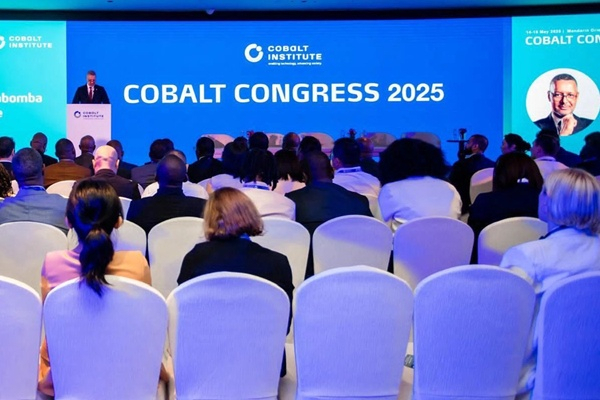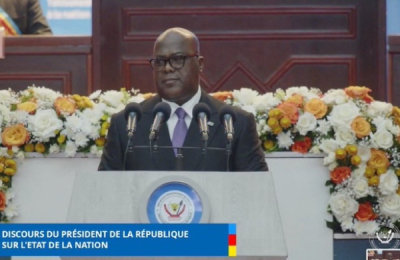China’s CMOC and Switzerland’s Glencore hold divergent views on the next steps following the suspension of cobalt exports from the Democratic Republic of Congo (DRC), which accounted for 76% of the world’s primary supply in 2024. According to Reuters, CMOC is pushing for a swift lifting of the embargo, while traders affiliated with Glencore argue that the market must regain stability before Congolese volumes return.
The matter was discussed last week during the Cobalt Congress in Singapore, in a meeting attended by the Congolese Minister of Mines, Kizito Pakabomba. At the meeting, Kenny Ives, vice-president of CMOC, advocated lifting the ban to replenish dwindling cobalt stocks for Chinese customers. He warned that prolonged shortages could prompt some carmakers to switch to cobalt-free lithium-ion batteries.
Conversely, Glencore traders contend that producers like the DRC must exercise better supply control, as oversupply was the primary reason behind Kinshasa’s decision to impose the embargo.
The contrasting positions underscore the strategic tensions between the world’s two largest cobalt producers, CMOC and Glencore. However, they both kept producing despite the DRC ban. Regarding the latter, it should expire on June 22, 2025, but Congolese authorities have not decided if it will be extended.
President Félix Tshisekedi has suggested this possibility, and his government is also considering introducing export quotas—an option Glencore traders say they are prepared to accept.
Meanwhile, the market has responded favorably to the embargo, with cobalt prices rising over 50% since February. On the London Metal Exchange (LME), cobalt currently trades above $33,000 per tonne, up from $21,000 at the end of February.
This article was initially published in French by Aurel Sèdjro Houenou (Ecofin Agency)
Edited in English by Ola Schad Akinocho










